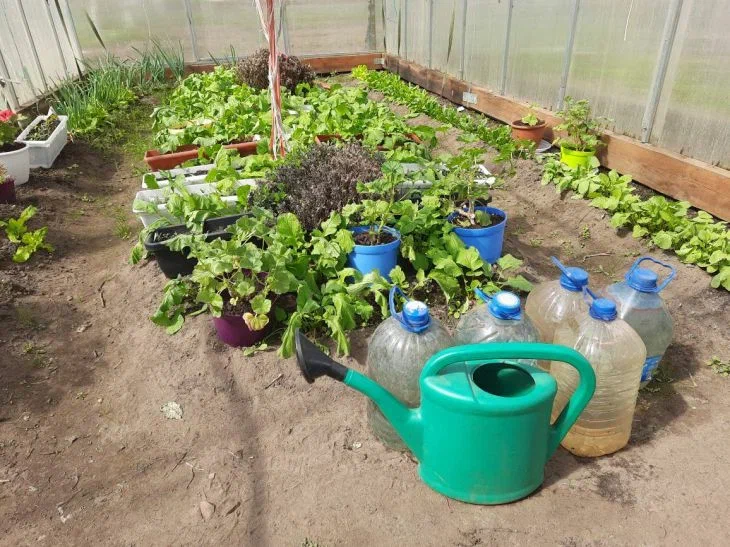It turns out that coffee is good not only for people, but also for plants. Used coffee works great in the garden. Flowers, many vegetables, berry crops love this kind of fertilizer.
Of course, it will not be able to replace complex fertilizers or become an insurmountable barrier for pests, but it will become an additional ally in the fight for the harvest.
Anastasia Kovrizhnykh , an expert of the online publication "BelNovosti", an agronomist and landscape designer, told how to use coffee grounds correctly.
Coffee grounds are great for compost. In addition to them, food waste, straw, mown grass, and small branches are also added to the compost heap.
Added as fertilizer, coffee grounds saturate the soil with phosphorus, nitrogen, potassium, attract earthworms, and enable plants to more easily absorb nutrients.

After applying such fertilizer, the soil should be watered thoroughly. Or, dilute the grounds with water and use the mixture to water the plants.
To improve the structure of too dense soil, coffee grounds are added to its upper layer. Such soil will “breathe” better and easily allow moisture to pass through.
Coffee mulch is often used in garden beds. One drawback is that it can become moldy. To avoid this, coffee residues are washed and dried before use. And if you drank coffee with sugar, then washing is a must. Otherwise, the sweet mulch will attract ants to the garden bed.
It is believed that used coffee protects plants from snails and slugs and repels fruit flies.
It is also used as an additional ally in the fight against pest larvae. And the smell of coffee discourages cats from using the beds as a toilet.
Some people think that coffee acidifies the soil. But the grounds have a neutral status. For your own peace of mind, you can rinse them with regular water before using them. By the way, those who regularly drink coffee can accumulate about 6 kg of useful grounds in a year.
Earlier we talked about how many ovaries to leave on a melon shoot.









